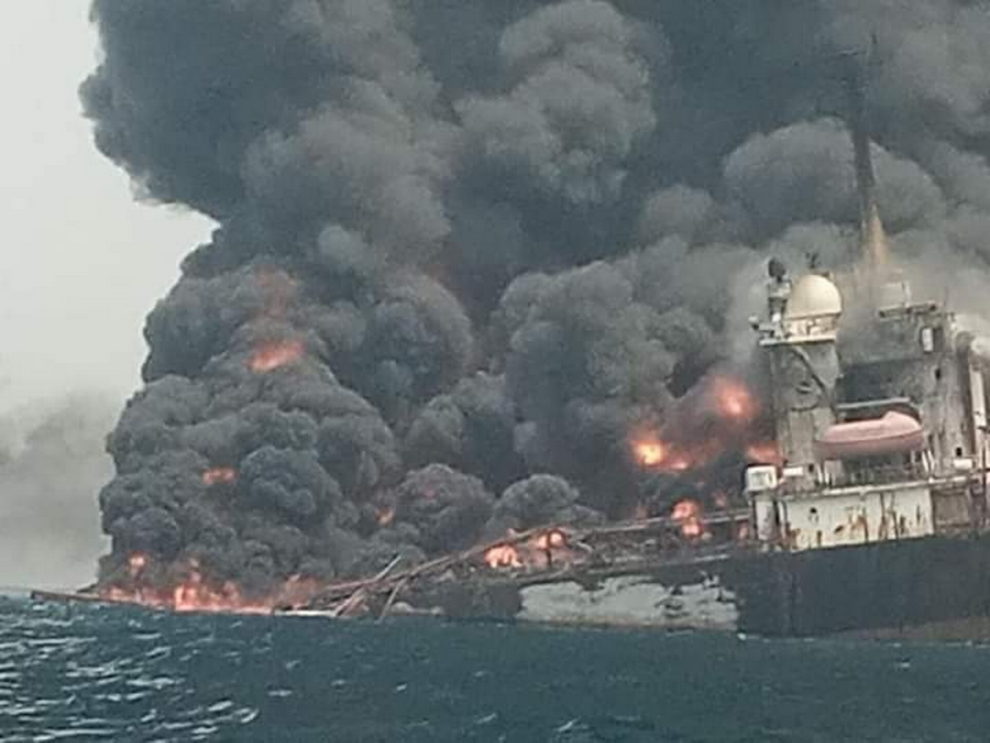BAYELSA, Nigeria, (Reuters) – An oil production vessel exploded off the coast of Nigeria early yesterday with 10 crew members on board though it was not yet clear if there were any casualties or how much crude might have spilled into the sea.
Nigeria’s Shebah Exploration & Production Company Ltd (SEPCOL) said in a statement on Thursday that flames had engulfed the Trinity Spirit floating production, storage and offloading (FPSO) vessel following the blast a day earlier.
The Trinity Spirit can process up to 22,000 barrels of oil a day and can store up to 2 million barrels at any one time, according to SEPCOL’s website.
One industry source active in Nigeria’s oil sector said the vessel had about 50,000 barrels in storage and was not pumping crude from the Ukpokiti oilfield at the time of the explosion.
SEPCOL, which is currently in receivership, did not immediately respond to requests for comment on the status of the vessel when it exploded.
The company’s license to produce oil was revoked in 2019 by Nigeria’s upstream regulator, recently renamed the Nigerian Upstream Petroleum Regulatory Commission.
BP’s Deepwater Horizon oil rig in the Gulf of Mexico was pumping tens of thousands of barrels of oil a day when it exploded in 2010. By the time the well was plugged 87 days later, some 4 million barrels of crude had flowed into the sea causing an environmental disaster.
“At this time there are no reported fatalities, but we can confirm that there were 10 crew men on board the vessel prior to the incident and we are prioritising investigations with respect to their safety and security,” SEPCOL Chief Executive Ikemefuna Okafor said in the statement.
Okafor said investigations were underway to establish the cause of the explosion while attempts to contain the situation were being made with help from local communities and U.S. oil company Chevron, which has a facility nearby.
The Trinity Spirit is the primary production facility for the OML 108 block which covers an area of 750 square km (290 square miles) of water off the Niger Delta, ranging from a depth of 30 metres to 213 metres, SEPCOL’s website says.






